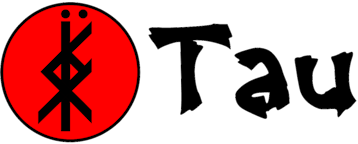Many cultures have a basic ‘sense-making tool’ that defines something by what it is not. For example, the term neti-neti is used in some contexts for this purpose. To understand “I” one might say, I am not my hand, so what am “I”? Here is a list of what systemic change is not and what it might look like.
Systemic Change Work is not:
- Asking people how they feel about things that are easily discernible
- Information without a usable action plan
- A process replicating 70% of other processes
Systemic Change Work:
- Requires a paradigm shift
- Requires a pressing need
- Requires synchronicity to occur
- Requires critical thinking skills
- Requires adaptive learning processes
- Requires decades to accomplish
- Requires reallocation of resources
- Requires revision of existing roles
- Requires trust and commitment
- Requires a self-sustaining framework
- Requires persistent allies to make change
- Requires a process to change beliefs as well as knowledge
See also:
Systemic Change – A Deeper Dive

